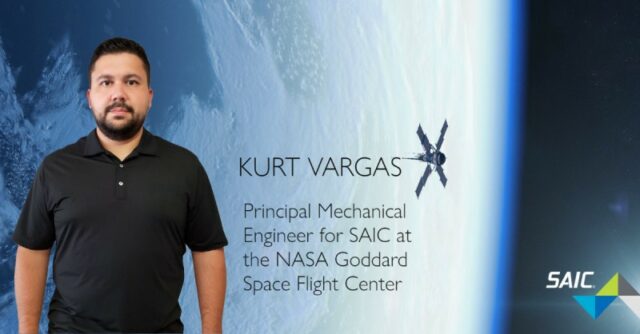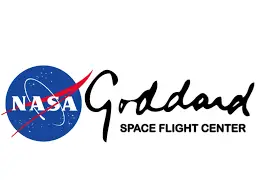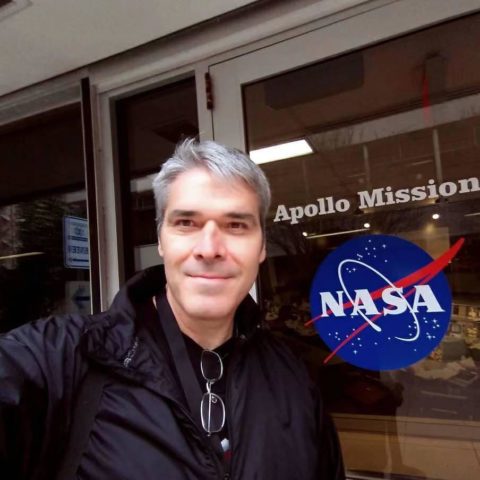Another Costa Rican engineer has embarked upon an exciting career at NASA. Kurt Vargas has transferred his experience designing machinery for automotive manufacturing to work at NASA’s Goddard Space Flight Center

“Learning English as a second language and developing one’s skill to articulate and eloquently express technical ideas is essential for anyone desiring a career in the space sector.”


Where did you grow up and attend school in Costa Rica?
I grew up in Pavas, San José. I attended most of my Primary School at the Los Angeles School, in La Sabana, San José. I then had the opportunity, starting in 5th grade, to attend the Humboldt School, in Pavas, San José. I graduated from there with a German Abitur, after completing 12th grade, in 2003. A few days after graduation, on December 31st, 2003 I moved to the United States to study Mechanical Engineering.
How long have you been working as a contractor for NASA?
I was hired by SAIC last year, in 2021. SAIC is one of the largest contractors for NASA. I was hired to provide Engineering support as a Principal Mechanical Engineer at the NASA Goddard Space Flight Center in Greenbelt, Maryland. Before working for NASA I designed machinery for automotive manufacturing factories for more than a decade.

Please tell us more about your job and what your favorite thing is about it?
My job at NASA consists of providing Engineering and Manufacturing support to OSAM-1 (short for On-orbit Servicing, Assembly, and Manufacturing 1), a robotic spacecraft designed to service satellites while in orbit. This spacecraft is designed to grasp, refuel, repair and relocate satellites to extend their life. My favorite aspect of this job is being surrounded by incredibly knowledgeable people and having the best resources at hand to develop the best technologies in the world.

What advice would you give to young Costa Ricans who are interested in working towards a space career?
Other than needing to be good at mathematics, physics, etc., which is expected of anyone in the Engineering Field, I would recommend that a young person start as soon as possible studying English and becoming as fluent as possible, not only speaking the language, but also reading it and writing it, even at a technical level. There are many free language-learning resources nowadays, as well as free online access to vast amounts of online literature from NASA and other Aerospace companies. It is very valuable to be bilingual. Us Costa Ricans already have the advantage of speaking the second most-commonly spoken language in most of the United States. Learning English as a second language and developing one’s skill to articulate and eloquently express technical ideas is essential for anyone desiring a career in the space sector.


Bruce Callow is Canadian space educator and co-author of the books To the Stars: Costa Rica in NASA, To the Stars: Guatemala in Space and The Intrepids.

